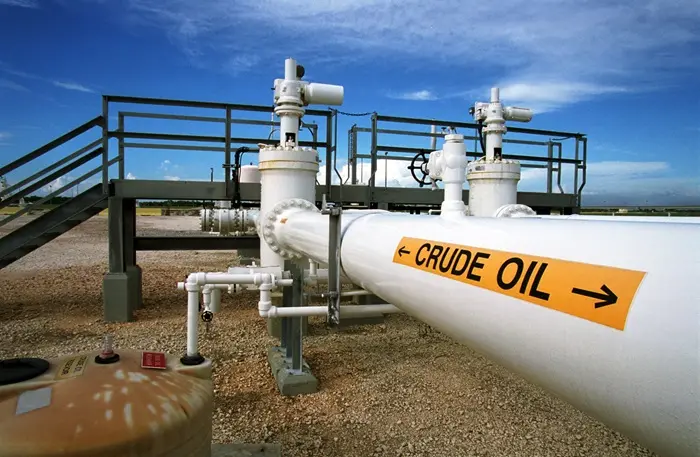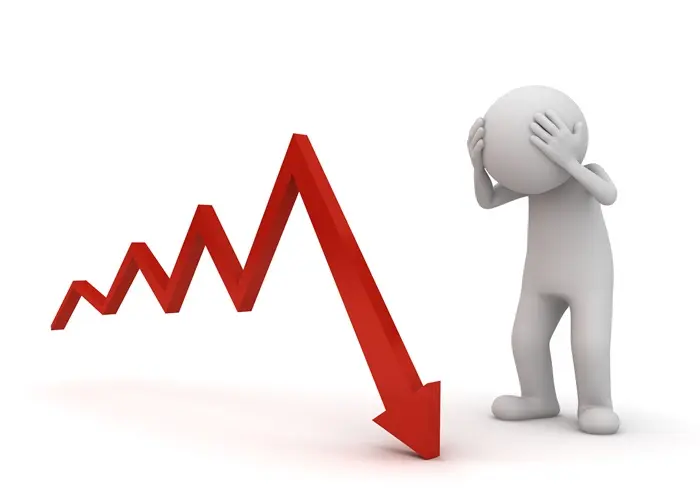Understanding the factors that determine the price of crude oil is essential for investors, policymakers, and consumers alike. Crude oil is a critical global commodity that influences various sectors, from transportation to manufacturing. This article explores the key determinants of crude oil prices, including supply and demand dynamics, geopolitical factors, market speculation, and more.
The Basics of Crude Oil Pricing
Crude oil pricing is complex and influenced by a myriad of factors. Prices fluctuate based on market conditions and are often reported in terms of benchmarks such as West Texas Intermediate (WTI) and Brent Crude. These benchmarks serve as reference points for buying and selling crude oil.
Key Factors Influencing Crude Oil Prices
1. Supply and Demand
The most fundamental principle influencing crude oil prices is the balance of supply and demand.
Demand: The demand for crude oil is driven by various factors, including economic growth, seasonal trends, and technological changes. When economies grow, the demand for energy increases, driving up oil prices. Conversely, during economic downturns, demand typically decreases.
Supply: On the supply side, production levels from oil-producing countries play a significant role. Factors such as extraction technology, investment in infrastructure, and natural disasters can impact the supply. For instance, OPEC (Organization of the Petroleum Exporting Countries) often adjusts production levels to influence prices.
2. Geopolitical Events
Geopolitical tensions and events can cause significant fluctuations in crude oil prices.
Conflict in Oil-Producing Regions: Wars, terrorism, and political instability in oil-rich regions often lead to concerns about supply disruptions. For example, conflicts in the Middle East frequently result in spikes in oil prices due to fears of supply shortages.
Sanctions: Economic sanctions against oil-producing countries can limit their ability to export oil, affecting global supply. An example is the sanctions imposed on Iran, which have led to decreased oil exports and higher prices.
3. Market Speculation
Speculators play a crucial role in the oil market. Traders in commodities markets buy and sell oil futures contracts based on their expectations of future price movements.
Futures Contracts: These contracts allow traders to lock in prices for future delivery. If traders believe prices will rise, they may buy more contracts, driving up current prices. Conversely, if they expect a decline, they may sell off contracts, lowering prices.
Sentiment: Market sentiment can also lead to price swings. Positive or negative news about the economy, oil inventories, or geopolitical tensions can lead to abrupt price changes.
4. Economic Indicators
Economic indicators provide insights into the overall health of the economy, which in turn influences crude oil demand.
Gross Domestic Product (GDP): A rising GDP typically signals increased energy consumption, driving up demand for crude oil. Conversely, a declining GDP may lead to reduced demand.
Unemployment Rates: Higher employment levels generally correlate with increased oil consumption, as more people driving and traveling leads to greater fuel demand.
5. Currency Fluctuations
Crude oil is predominantly traded in U.S. dollars, making currency fluctuations significant.
Dollar Strength: When the U.S. dollar strengthens, oil becomes more expensive for countries using other currencies, often leading to reduced demand and lower prices. Conversely, a weaker dollar can stimulate demand and push prices higher.
Exchange Rates: Changes in exchange rates can impact the cost of crude oil for importing nations, affecting their purchasing decisions.
See Also: What Type of Biome Forms Crude Oil (Petroleum)?
Additional Influencing Factors
6. Technological Advancements
Advancements in extraction and production technologies can significantly affect supply levels.
Fracking and Horizontal Drilling: These technologies have unlocked previously inaccessible oil reserves, particularly in the United States. This increased supply can exert downward pressure on prices.
Alternative Energy Sources: As renewable energy technologies improve, the demand for crude oil may decrease, influencing long-term pricing trends.
7. Environmental Regulations
Environmental policies and regulations can impact crude oil production and consumption.
Emission Standards: Stricter emission regulations may limit the use of fossil fuels, potentially reducing demand for crude oil.
Sustainability Initiatives: Growing awareness of climate change has led many nations to invest in renewable energy sources, which could gradually reduce crude oil demand.
8. Inventory Levels
The levels of crude oil inventories also play a vital role in determining prices.
Stock Reports: Weekly inventory reports from organizations such as the U.S. Energy Information Administration (EIA) provide insights into supply and demand dynamics. An increase in inventories may signal oversupply, while decreasing inventories indicate strong demand.
Strategic Reserves: Countries maintain strategic petroleum reserves to manage supply disruptions. Changes in these reserves can influence market perceptions and pricing.
Conclusion
The price of crude oil is determined by a complex interplay of factors, including supply and demand, geopolitical events, market speculation, economic indicators, currency fluctuations, technological advancements, environmental regulations, and inventory levels. Understanding these elements is crucial for making informed decisions in the energy market.
As global economies evolve and new technologies emerge, the factors influencing crude oil prices will continue to change. Keeping abreast of these dynamics is essential for investors, businesses, and policymakers alike.
In conclusion, the price of crude oil is not just a reflection of current supply and demand; it is a barometer of economic health and geopolitical stability. As such, it remains a critical area of focus for anyone involved in the global marketplace.
Related topics:
































